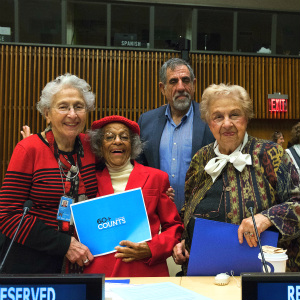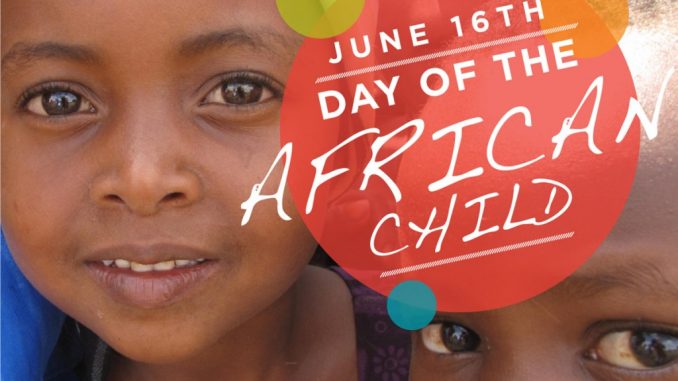 International Women’s Day 2023 campaign theme: #EmbraceEquity
International Women’s Day 2023 campaign theme: #EmbraceEquity
For International Women’s Day and beyond, let’s all fully #EmbraceEquity.
Equity isn’t just a nice-to-have, it’s a must-have.
A focus on gender equity needs to be part of every society’s DNA.
And it’s critical to understand the difference between equity and equality.
The aim of the IWD 2023 #EmbraceEquity campaign theme is to get the world talking about Why equal opportunities aren’t enough. People start from different places, so true inclusion and belonging require equitable action.
All IWD activity is valid, that’s what makes IWD inclusive.
We can all truly embrace equity.
It’s not just something we say. It’s not just something we write about.
It’s something we need to think about, know, value and embrace.
It’s what we believe in, unconditionally. Equity means creating an inclusive world.
And we can all play a part
Each one of us can actively support and embrace equity within our own sphere of influence.
We can all challenge gender stereotypes, call out discrimination, draw attention to bias, and seek out inclusion.
Collective activism is what drives change. From grassroots action to wide-scale momentum, we can all embrace equity.
Forging gender equity isn’t limited to women solely fighting the good fight. Allies are incredibly important for the social, economic, cultural, and political advancement of women.
Everyone everywhere can play a part.
All IWD activity is valid.
That’s what makes IWD so inclusive.
Collectively, we can all forge positive change.
Being included, and a sense of belonging, feel right
When we embrace equity, we embrace diversity, and we embrace inclusion.
We embrace equity to forge harmony and unity, and to help drive success for all.
Equality is the goal, and equity is the means to get there.
Through the process of equity, we can reach equality.
 Raising awareness and generating change for the 300 million people worldwide living with a rare disease, their families and carers.
Raising awareness and generating change for the 300 million people worldwide living with a rare disease, their families and carers.
 If we pay attention to the 1st reading of today’s feast (Numbers 6:22-27),
If we pay attention to the 1st reading of today’s feast (Numbers 6:22-27), This is what he has done in Jesus, the new-born we see in Mary’s arms.
This is what he has done in Jesus, the new-born we see in Mary’s arms. The estimated one billion people living with disabilities worldwide face many barriers to inclusion in many key aspects of society. As a result, people with disabilities do not enjoy access to society on an equal basis with others, which includes areas of transportation, employment, and education as well as social and political participation.
The estimated one billion people living with disabilities worldwide face many barriers to inclusion in many key aspects of society. As a result, people with disabilities do not enjoy access to society on an equal basis with others, which includes areas of transportation, employment, and education as well as social and political participation.
 The Day of the African Child has been celebrated on June 16 every year since 1991, when it was first initiated by the OAU
The Day of the African Child has been celebrated on June 16 every year since 1991, when it was first initiated by the OAU 